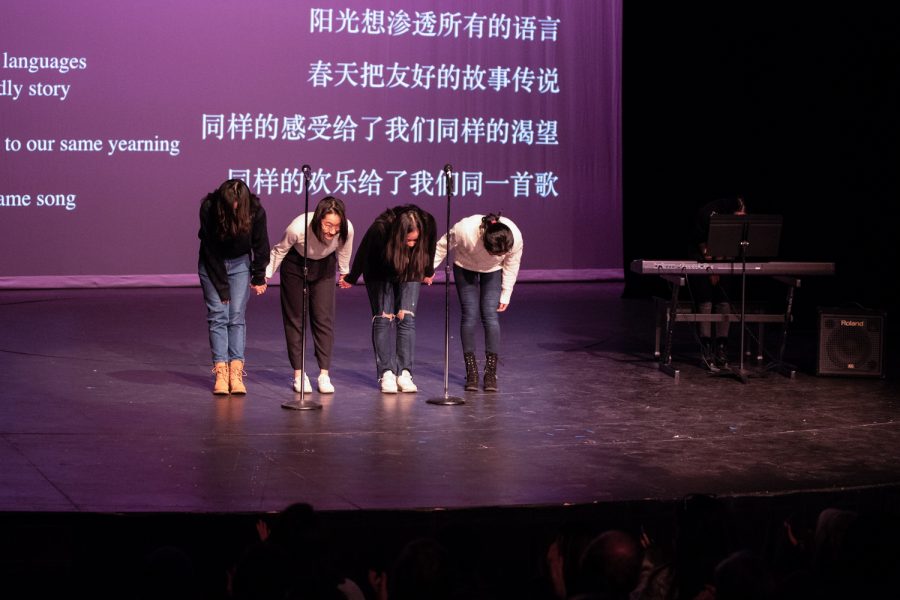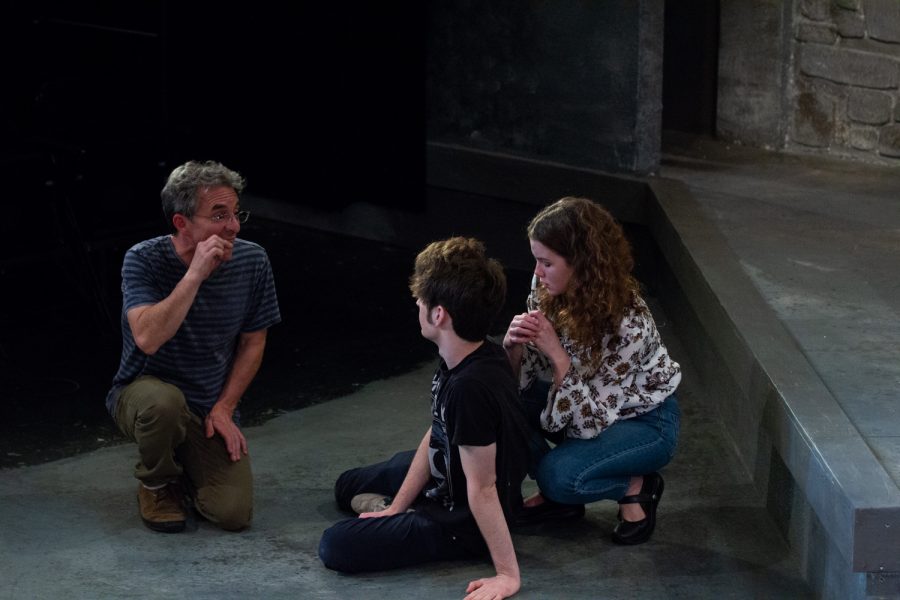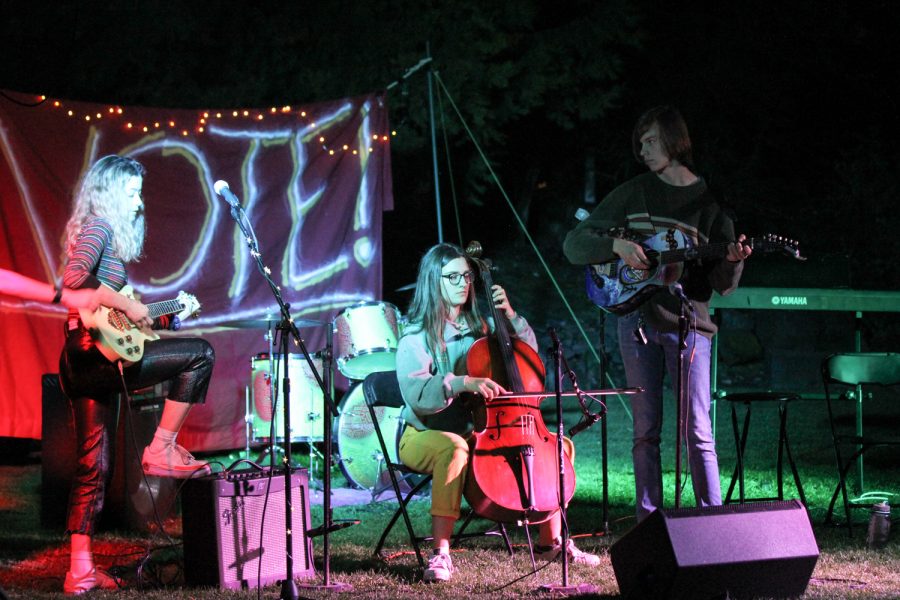Canadian documentary filmmaker Magnus Isacsson has been at Whitman College for the past two weeks putting on film screenings, visiting classrooms, answering questions and teaching an evening course.
The visit was made possible via funds from the O’Donnell Visiting Educator program.
“The O’Donnell Visiting Educator program has been a good source of funding for Canadian-related initiatives,” said Jack Iverson, associate professor of language and literatures–French and one of the faculty members who played a key role in making Isacsson’s visit possible.
“The program brings to campus practitioners of international affairs for somewhat extended stays” he explained. “I read in the Quebec newspapers about the release of [Isacsson’s] film ‘The Battle of Rabaska.’ From there, I did a bit of research about his work more generally. I was really attracted by the blog he keeps and its focus on the position of documentary film in contemporary society.”
Isacsson has been an independent documentary filmmaker for over the past two decades. Before that he worked in public broadcast, but eventually left due to the limitations of the medium.
“The format was very limited,” said Isacsson of television. “It was always 20 minutes; it was always with a journalist narrating it. It was very predictable . . . I wanted more freedom.”
Isacsson has used his freedom to make original documentaries that often revolve around people standing up for their rights or fighting for something that they believe in: especially when it requires standing up against large corporations or governments.
“I think the advantage of documentary is that it can go in-depth into certain issues or situations and really bring them to life. Because it’s a cinematic medium with storytelling, with character development, with images, with sound and music, you can make issues come alive . . . documentaries can bring a very lively portrayal of public issues to the forefront,” said Isacsson.
The course which Isacsson has been teaching three evenings a week for the past two weeks is called “Hot Docs” and is about the role of documentary in public debate in society. The course often involves Isacsson showing clips of documentaries and then lecturing on their importance in contemporary society. Isacsson has showed clips from a variety of documentaries such as “Harlan County, USA”, “The Cove”, “The Thin Blue Line” and “Fahrenheit 9/11.”

However, working as a visiting teacher is a new experience for Isacsson.
“I fairly regularly go to college or university classes to show a film or [give a] talk, but I don’t usually teach,” he said.
According to sophomore Nehali Dave, Isacsson’s background as a filmmaker rather than a teacher is what makes the course so strong.
“I’m usually watching documentaries because the information is really interesting, but seeing them through the eyes of a filmmaker makes you just understand a whole different element,” said Dave.
In addition to teaching an evening course, Isacsson has also screened a number of his films for Whitman students. Among these documentaries was Isacsson’s most recent film, “Art in Action”, which is about two Montreal-based artists who use urban art installations to highlight social issues.
Isacsson also screened scenes from a work-in-progress that he has been working on for eight years called “Granny Power.” This not-yet-completed documentary is about a political action movement started in Canada by elderly women.
Professor Iverson hopes that students will greatly benefit from the opportunity of having Isacsson on campus.
“Hopefully, a visitor like Magnus Isacsson brings something to campus that wouldn’t necessarily be available to students otherwise,” said Iverson. “Of course there are film courses and there are frequent documentary screenings on campus. But the O’Donnell Endowment has made it possible for a broad group of students to dialogue with Magnus and to learn about his particular approach to social issues as a documentary filmmaker.”
Dave noted that the Isacsson’s visit was also a great opportunity for the students who aren’t Rhetoric and Film Studies majors.
“It was a really nice opportunity that I wouldn’t have otherwise, especially because I’m not a film student and won’t be able to take any film classes this year,” said Dave. “I think it was just a really nice opportunity for non-[rhetoric and film] majors to get a glimpse at what [rhetoric and film studies] majors might do.”



















